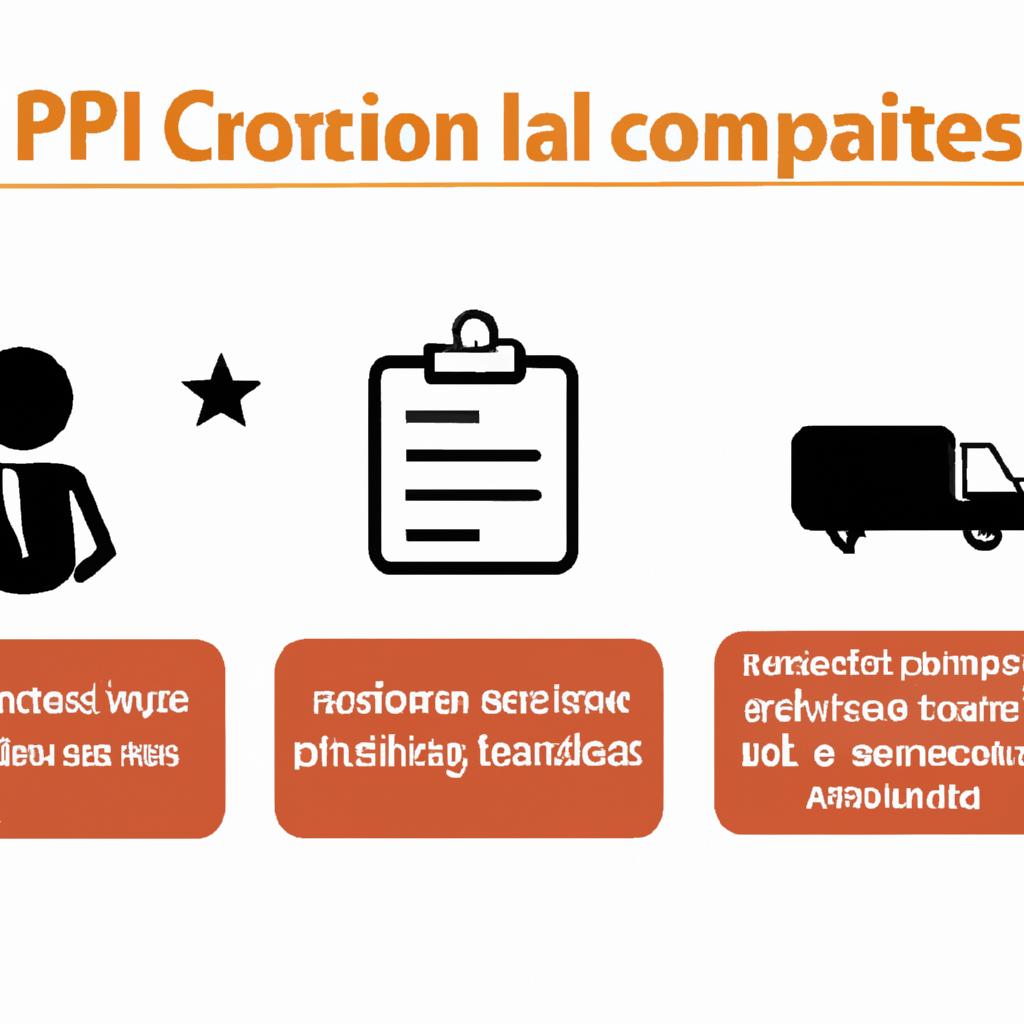Navigating the intricate world of international trade can feel like embarking on a thrilling journey through uncharted territory. With every country boasting its own unique customs regulations and duty-free limits, the allure of expanding your horizons is often accompanied by a maze of rules and paperwork. Whether you’re a seasoned importer or venturing into this realm for the first time, understanding the nuances of customs is crucial to ensuring a smooth passage for your goods. In this article, we will unravel the complexities of import regulations, offering essential tips and insights to help you navigate the intricate web of international shipping with confidence. Prepare to equip yourself with the knowledge needed to sail through customs smoothly and discover the key to unlocking seamless global commerce.
Understanding Import Regulations for Smooth Customs Clearance
When navigating the complex world of customs clearance, understanding import regulations is paramount. Each country has its own set of rules that dictate what can be imported, the documents required, and the applicable duties. Familiarity with these regulations helps prevent unexpected delays and additional costs. Key components to consider include:
- Documentation: Ensure all necessary paperwork, such as invoices, bills of lading, and certificates of origin, is complete and accurate.
- Restricted and Prohibited Items: Research items that are restricted or banned in the destination country to avoid confiscation.
- Customs Valuation: Understand how the value of goods is assessed and the impact it has on duty calculations.
- Tariff Classification: Properly classify goods under the correct Harmonized System code to ensure accurate duty rates.
In addition to these regulations, it’s essential to be aware of duty-free limits, which define how much value can be imported without incurring duties. Depending on the destination and nature of goods, these thresholds can vary significantly. Typically, personal goods may enjoy higher exemptions than commercial imports. The following table summarizes some common duty-free limits for various countries:
| Country | Duty-Free Limit |
|---|---|
| United States | $800 (per person) |
| Canada | $200 (per person) |
| United Kingdom | £390 (per person) |
| Australia | AUD $1,000 (per person) |
Arming yourself with this knowledge will enhance your chances of smooth customs clearance and streamline the import process, saving both time and money.

Maximizing Duty-Free Allowances: What You Need to Know
When traveling internationally, it’s crucial to understand the nuances of duty-free allowances to ensure you make the most of your exemptions. These allowances can differ significantly based on your destination, so familiarizing yourself with the specifics beforehand can save you both time and money. Generally, items that are eligible for duty-free import include alcohol, tobacco, cosmetics, and souvenirs. Each country has a specified limit for each category, which can vary according to age, residency, and travel history. Here’s a quick guide to common duty-free limits across various regions:
| Region | Alcohol Limit | Tobacco Limit | Other Goods |
|---|---|---|---|
| EU | 1 liter of spirits | 200 cigarettes | €430 for travelers |
| USA | 1 liter of alcohol | 200 cigarettes | $800 for travelers |
| Canada | 1.14 liters of alcohol | 200 cigarettes | $800 for travelers |
Maximizing your duty-free allowances also involves keeping track of what you purchase abroad. Always keep receipts and be aware of the value of your items. Remember, items intended for personal use are typically prioritized by customs officers, and clear categorization of products will help smooth the process. Before you return home, double-check your country’s regulations regarding gifts, food products, and electronics, as there might be additional restrictions or requirements to fulfill. Also, never hesitate to declare items you are uncertain about; honesty is often the best policy when navigating customs.

Common Pitfalls in Customs Processes and How to Avoid Them
When navigating the intricacies of import regulations, several common pitfalls can hinder the efficiency of customs processes. A major stumbling block is the incomplete or inaccurate documentation. Ensuring that all forms are filled out correctly is vital, as discrepancies can lead to delays or fines. It’s crucial to double-check that all necessary documents are present, including commercial invoices, bill of lading, and customs declarations. Another frequent issue arises from misclassification of goods. Accurately classifying your products under the Harmonized System (HS) codes not only affects the duty rates applied but also influences compliance with regulations.
Another area to be cautious about involves underestimating the importance of understanding duty-free limits. Many importers are unaware of the specific thresholds for exempt goods, which can lead to unexpected charges. Familiarizing yourself with the latest customs regulations will help in avoiding penalties and ensuring your items qualify for exemptions. To aid in this understanding, consider using the following table:
| Item Type | Duty-Free Limit |
|---|---|
| Electronics | $800 |
| Clothing | $200 |
| Food and Beverages | $100 |
By staying updated and vigilant about these aspects, you can significantly mitigate the risks associated with customs processes.
Closing Remarks
As we draw the curtain on our exploration of customs regulations and duty-free limits, it’s clear that navigating this often-overlooked landscape is crucial for every traveler and small business owner alike. Understanding the intricacies of import regulations can transform the sometimes daunting journey into a seamless experience, empowering you to make informed decisions whether you’re packing your bags for a vacation or optimizing your shipments for trade. Remember, preparation is key: armed with the right knowledge and a dash of due diligence, you can ensure that your goods glide through customs with ease. So, as you embark on your next international adventure or business endeavor, keep these essential tips close at hand, and let the world unfold its treasures before you—legally and efficiently. Safe travels and successful importing!
